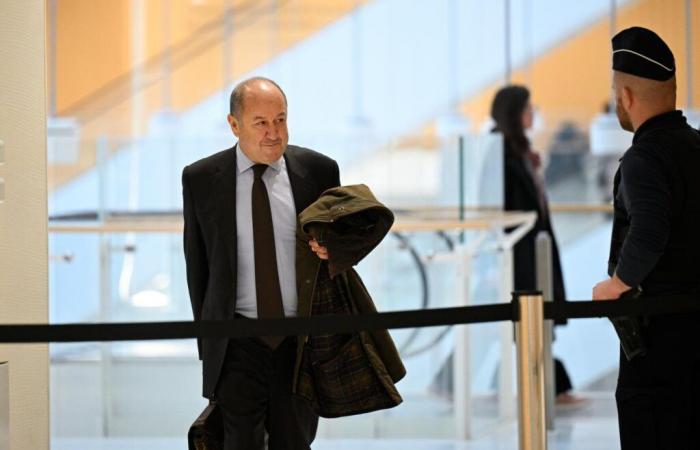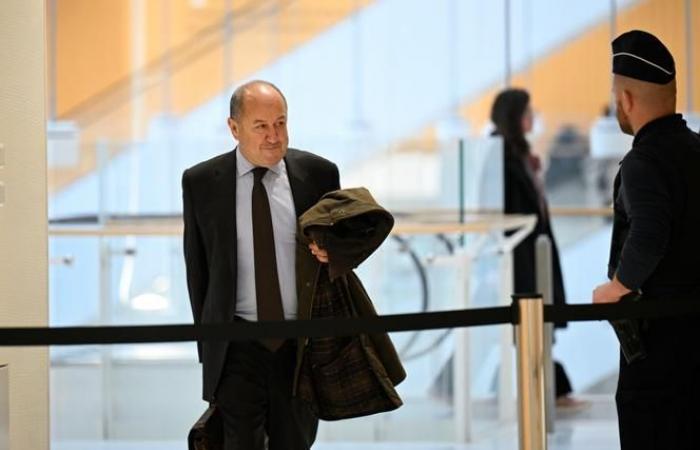Bernard Squarcini is “a great servant of the State”, “an excellent Frenchman”, “supple and feline” – it is the former deputy (UMP) of Tarn and member of Charles Pasqua's cabinet in the general council of Hauts-de-Seine, Bernard Carayon, who says this. On the stand, Thursday, November 14, this witness, cited by the defense of the former boss of the central directorate of internal intelligence (DCRI), the ancestor of the general directorate of internal security (DGSI), however regrets that '” there's [ait] traditionally a trial in France [fait aux] State resources put at the service of the company ».
Read also | Article reserved for our subscribers Bernard Squarcini in court for “influence peddling”
Read later
On November 14 and 15, the question posed to the Paris criminal court, before which Mr. Squarcini is referred for eleven counts of prevention, is the following: did the former spymaster, close to the Sarkozy networks, Did he use the resources of the service he headed, between 2008 and 2012, for purposes going beyond the legal framework? Two of the four parts of the investigation opened in 2016 were discussed at the start of the trial: the identification by Mr. Squarcini of a blackmailer claiming to have photographs of the boss of LVMH, Bernard Arnault, in gallant company, as well as wiretaps carried out on two occasions on a police officer, to uncertain motives.
In December 2008, a few months after the arrival of “Squale” – his nickname at Place Beauvau – at the head of internal intelligence, his teams were asked to monitor several internet cafes. LVMH number two, Pierre Godé, « [lui avait signalé] that he [avait] an urgent and confidential problem »explains Mr. Squarcini at the bar: « Il [m’a parlé] of destabilizing action, of emails he received”linked to “an attempt at blackmail”.
The vast majority of agents sent to the field do not know the name of the victim and the purpose of the extortion attempt. The alleged blackmailer, a former driver of Bernard Arnault, was quickly identified. The device is then lifted, without the individual being questioned or a report being written.
Vague answers
This summary of the facts completed, the president of the court, Benjamin Blanchet, moves on to questions. Quickly emerges what appears to be a dialogue of the deaf between the magistrates and the civil parties, on the one hand, and the defense, on the other: the former question the precise legal framework of the actions carried out. Bernard Squarcini offers vague answers.
You have 66.02% of this article left to read. The rest is reserved for subscribers.







